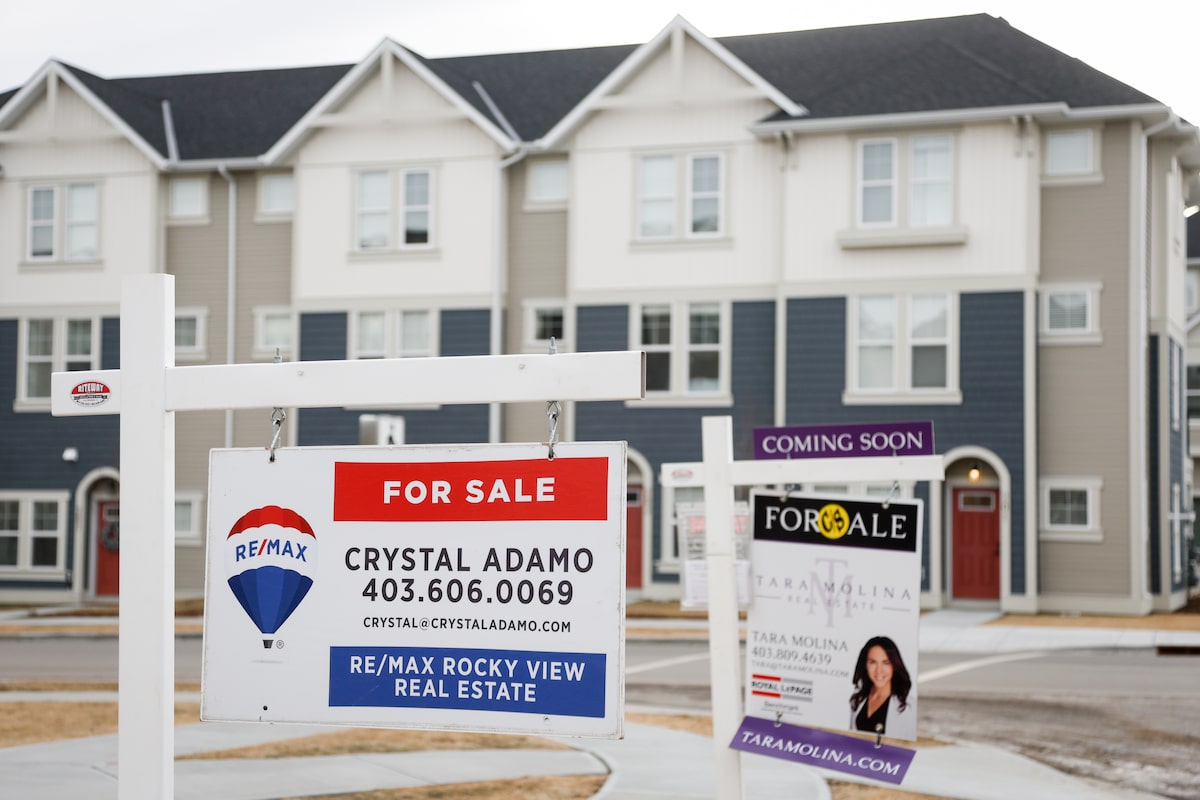J
LL's analysis emphasizes the need for decarbonizing buildings, focusing on efficiency, electrification, and clean energy to reduce costs and emissions. The real estate agency analyzed 46,000 buildings across 14 global cities, identifying three key areas for improvement: optimizing operations through energy efficiency measures, electrifying operations, and employing dynamic clean energy strategies.
With rising energy prices and regulatory pressures, building owners must prioritize reducing emissions. Investing in decarbonization can become a strategic economic opportunity with comprehensive planning and action. JLL's data reveals that 65% of offices and 75% of multifamily buildings face stranding risk by 2030 if action isn't taken to improve building performance.
Richard Batten, Global Chief Sustainability Officer at JLL, emphasizes the urgency for the real estate sector to work together to achieve a decarbonized built environment. Successful decarbonization means prioritizing energy efficiency measures, electrifying operations, and employing dynamic clean energy strategies.
Improving building efficiency is the fastest way to lower operating expenses and emissions. Light to medium energy retrofits can yield 10-40% energy savings, equating to significant annual savings. Energy efficiency also helps mitigate energy price volatility and eases pressure on aging grids.
Heating and cooling systems dominate building energy use, with heating, ventilation, and air conditioning (HVAC) accounting for 40% in typical offices. Efficient technologies and measures are available today, often enhancing occupant comfort while cutting costs and emissions.
JLL's electrical efficiency is a key area of action, with electric heat pumps offering significant efficiency gains over traditional systems. However, many electrification efforts rely on inefficient electric resistance heating, limiting the emissions benefits. Jurisdictions are increasingly mandating all-electric new construction, with cities like New York and Los Angeles leading the way.
A clean energy economy is becoming more widespread, with solar panels generating the cheapest electricity in history. Energy-intensive properties can leverage onsite solar to reduce costs and emissions. Building Performance Standards (BPS) are advancing net-zero goals by setting limits on energy use or emissions, with penalties for noncompliance.
By acting early and strategically, stakeholders can align with net zero goals while gaining economic and market benefits. Christian Ulbrich, CEO of JLL, emphasizes the company's commitment to achieving net zero carbon emissions across its global office network by 2030.















